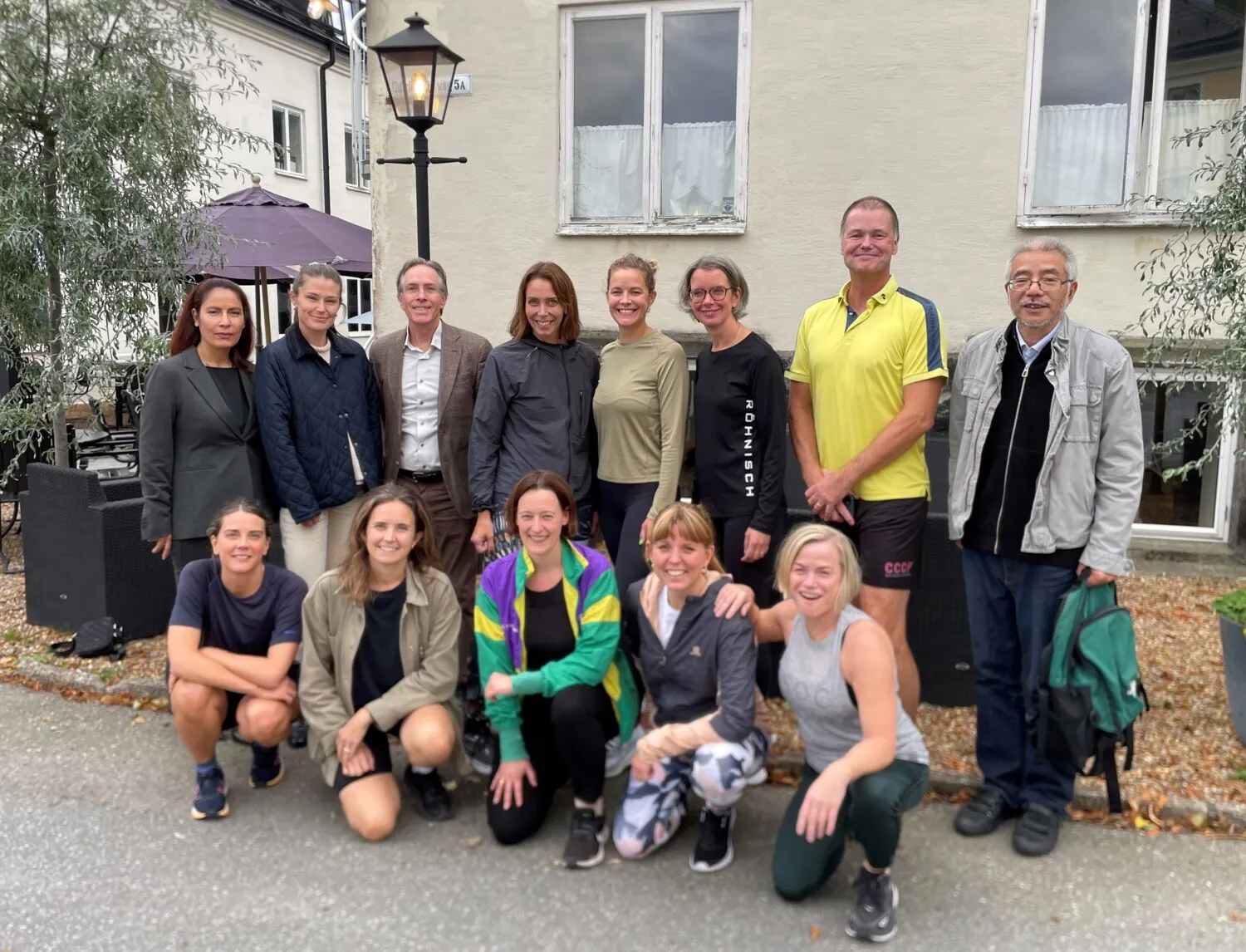Our research
Along with screening research, the group participates in two multinational randomized trials evaluating AI in screening colonoscopies and endoscopic resection of screening-detected colorectal cancer at an early stage of the disease.
The research group also represents Sweden in a Scandinavian cohort study evaluating cancer risk in patients with inflammatory bowel disease. The aim is to develop a cancer risk stratification model at the individual level to optimize treatment and follow-up.
The research group belongs to the Department of Clinical Science and Education, Södersjukhuset, in collaboration with the Departments of Medical Epidemiology and Biostatistics (MEB) and of Learning, Informatics, Management and Ethics (LIME) at Karolinska Institutet.
Collaborations
The Unit for Cancer Prevention and Screening at the Regional Cancer Center (RCC) Stockholm Gotland
The Clinical Effectiveness Research Group, Oslo University
Research projects
Evaluation and Individualization of Population-based Colorectal Cancer Screening (EVIDENCE)
In 2008, the region of Stockholm-Gotland started a population-based screening program for colorectal cancer by biennially inviting 60-70-year-olds to test for occult blood. The project evaluates the effectiveness of the screening program in decreasing colorectal cancer mortality, the health economic effects of the program, but also experiences of the screening process. Approximately 400 000 individuals are included in the evaluations.
The project will also analyze the association between the bacterial flora of the colon (microbiota) and cancer risk. With information regarding microbiota, quantity of blood in the screening test (FIT), result of the follow-up colonoscopy, outcomes of earlier testing, age, sex, heredity, and answers to a lifestyle questionnaire, a mathematical model will be developed to enable assessment of the individual risk of colorectal cancer. With the model, continued screening/follow-up can be individualized according to cancer risk.
Optimising Colorectal Cancer Prevention through Personalised Treatment with Artificial Intelligence (OperA)
OperA is a randomized controlled trial funded by the European Union evaluating AI in colorectal cancer screening colonoscopies regarding diagnosis of advanced adenomas and colorectal cancer incidence and mortality. The Project will further, through analysis of colonoscopy images and pathological examinations, develop a software that enables the endoscopist to visually diagnose lesions during the procedure. Health economic evaluations of AI in screening will also be performed. In OperA, a total of 220 000 patients from Japan and 6 countries in Europe will be included.
Surgery versus Endoscopic Resection for Incompletely Removed Early Colon Cancer (SCAR TISSUE TRIAL)
With colorectal cancer screening, asymptomatic cancers are diagnosed at an earlier stage of the disease. Several early-stage cancers are misclassified as adenomas at colonoscopy, and hence, not endoscopically resected with adequate margin. At present, these patients are referred to conventional surgery with bowel resection and lymphadenectomy with risk of postoperative complications. With the new method eFTR (endoscopic full-thickness resection), colon resections can be performed with the colonoscope.
SCAR is a randomized controlled trial of eFTR and surgery in endoscopically incompletely removed early-stage cancer. The outcome measures are postoperative complications and cancer recurrence. As the inclusion criteria are extensive, 7 countries participate in the study to recruit 150 patients.
IBD – Scandinavian Cancer in IBD study (I-SCAN)
I-SCAN is a cohort study of 150 000 patients with inflammatory bowel disease (IBD) updating evidence regarding cancer risk. The research group is responsible för the Swedish part of the study. Medical records of approximately 1 000 patients with IBD and cancer (colorectal-, small bowel-, hepatobiliary cancer, and non-Hodgkin’s lymphoma) and 1 000 controls have been collected around Sweden and variables not found in registries have been extracted, e.g., onset of symptoms, medication, endoscopies, histology, but also height/weight and lifestyle factors such as smoking. The aim is to analyze whether changes in medical treatment and surveillance over time have affected cancer risk in IBD patients and to develop a model for individual cancer risk estimation to optimize follow-up.

